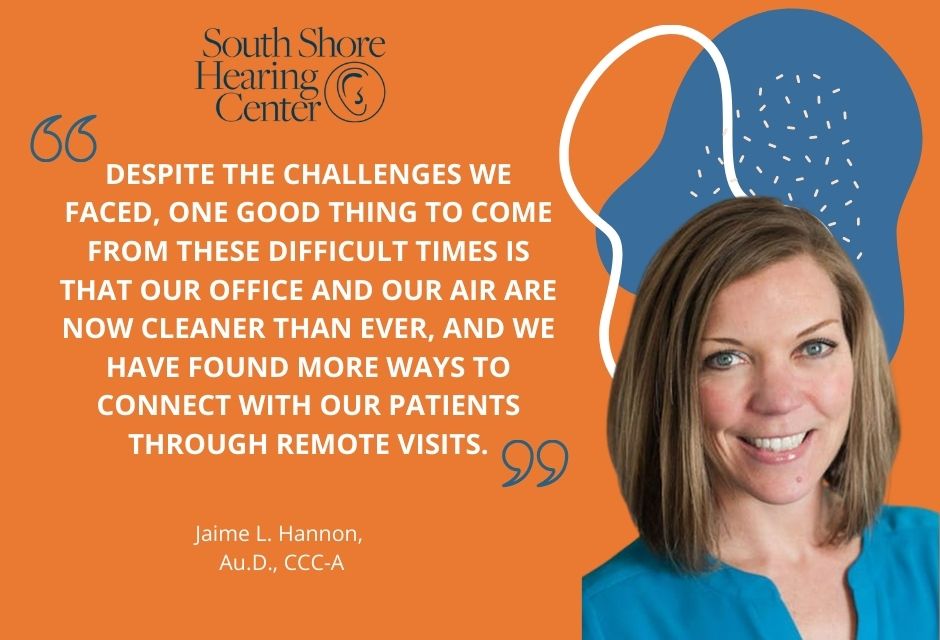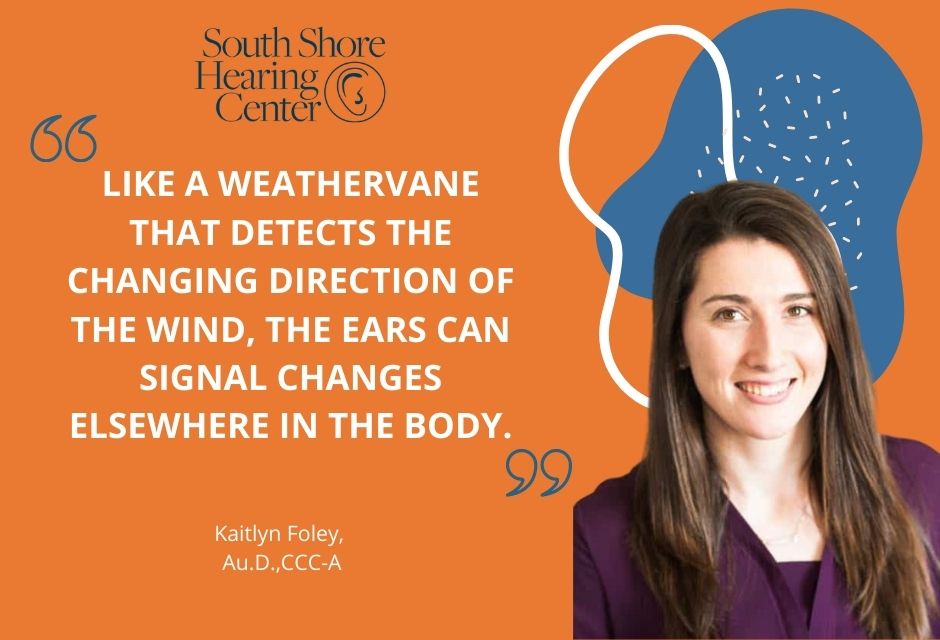Is Your Balance Linked to Your Ears?

As audiologists, we must be experienced with various medical conditions associated with our ears and healthy hearing. Many people are surprised that their balance issues stem from neglected hearing care.
We always promote regular hearing assessments to track your hearing and give us insight into other possible conditions.
Your balance is a crucial part of everyday life, and we want everyone in Eastern Massachusetts to be safe and as healthy as possible. Understanding the links between your ears and your balance will help you prevent any issues that may arise in you or a loved one.
A Break Down of How Your Ears Work
The ear is made up of three different areas:
- Outer ear
- Middle ear
- Inner ear
The inner ear has a vestibular labyrinth made up of semi-circular canals containing fluid. This is the area that has sensors to track your head movements as well.
The easiest explanation is to imagine your ears at a carpenter’s level. The fluid inside is susceptible to gravity and will move based on how your body moves.
If the fluid becomes off-balance, the sensors that send messages to the brain will change, and your body can’t balance the way it’s supposed to.
Different Balance Conditions
Meniere’s Disease — This disease is associated with a rise in pressure within the inner ear, usually affecting only one ear, but can affect both ears in rare cases.
Labyrinthitis — Inflammation in the labyrinth structure of the inner ear can produce tinnitus and hearing loss. Labyrinthitis is similar to vestibular neuronitis, except VN does not include hearing loss.
Perilymph Fistula — This happens when fluid from the inner ear leaks into the middle ear. This commonly occurs with a severe ear infection, a head injury or head surgery, a congenital disability, or after scuba diving.
Mal de Debarquement Syndrome (MdDS) — This long name signifies the feelings of dizziness or ongoing motion you feel after disembarking from a boat, treadmill, train, or plane.
Benign paroxysmal positional vertigo (BPPV) —This is less critical and related to positional balance but is still a concern due to the risk of injury.
Causes
To prevent the above conditions from creeping up, we recommend you watch out for these tell tale causes that can lead to balance issues and hearing loss.
- A change in pressure can lead to balance issues which include trips on a plane or scuba diving. It can also be affected by the weather, depending on where you live. Upcoming snow or rain will change the pressure drastically.
- Lack of sleep or a drastic change in your sleep schedule can cause irregularities in your balance.
- Stress at work or home is a leading cause of many issues that include your balance and ability to hear properly.
- Being adequately hydrated is also essential, especially if you live in a hot climate or deal with humid summers.
How to Treat Balance Issues
Sometimes, vertigo and other balance issues go away on their own, which leaves patients with a false sense of security. Just because the issue is resolved now doesn’t mean it won’t return in the future.
If your balance issues have subsided, it’s still a good idea to come to see us so we can examine your ears. If we notice an imbalance in fluids, we can level them out with a quick and painless procedure.
We can also implement habituation therapy which has shown to improve a patient’s condition in 82% of the cases.
What to Do if You Have a Loved One Struggling with Balance
Family means everything to us, so we always want to assist every family in overcoming their battles. This can be easier said than done sometimes, so if you have a loved one who needs help but is reluctant, talk to us first.
We have seen this many times and are prepared to deal with it. There are many ways to convince loved ones to seek help, but it’s all based on each person’s unique situation.
Once we’ve chatted with you, we can devise a plan to show your loved one that getting help is easier and more beneficial than they think.
Contact us anytime with your questions concerning balance or anything else hearing related. We’d love to help as soon as possible.




